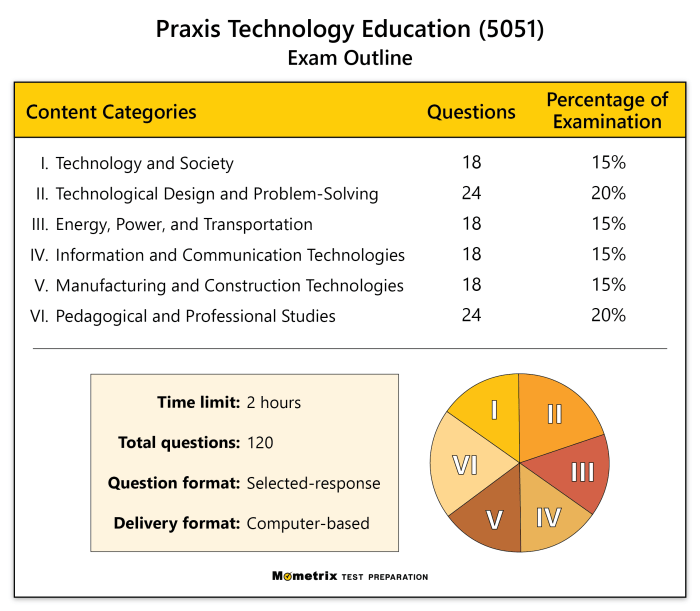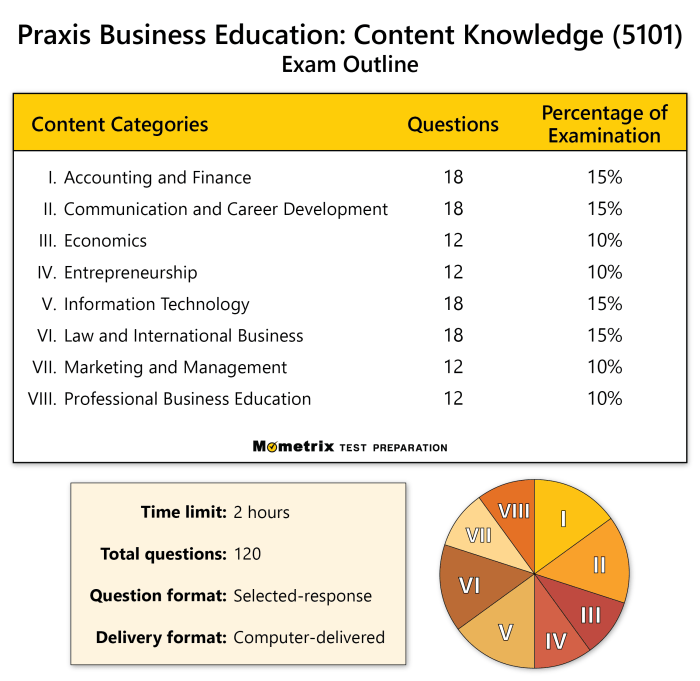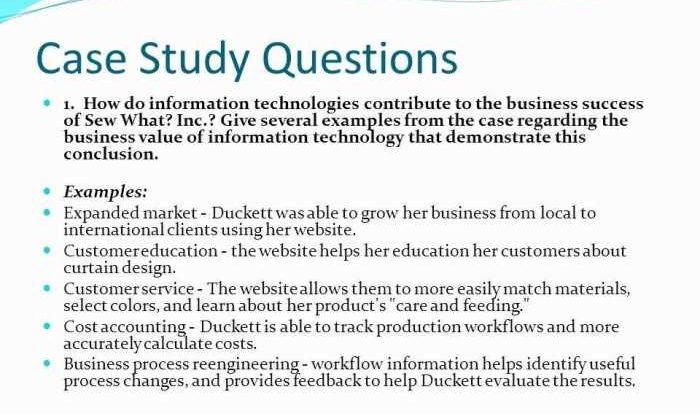Introducing the Praxis Business Education Practice Test, an invaluable resource designed to empower educators with the knowledge and skills essential for effective business education. This practice test serves as a comprehensive assessment tool, providing insights into the core concepts and skills that are crucial for success in the field.
Through its rigorous design and comprehensive coverage, the Praxis Business Education Practice Test not only evaluates candidates’ understanding but also aids in identifying areas for improvement and enhancing teaching practices. As educators navigate the ever-evolving landscape of business education, this practice test emerges as an indispensable companion, guiding them towards excellence and ensuring the delivery of high-quality instruction to future business professionals.
Business Education Practice Test Overview
The business education practice test is a valuable tool designed to assess the knowledge and skills of individuals pursuing a business education. It provides a comprehensive evaluation of core concepts and abilities, helping educators identify areas for improvement and students gauge their progress towards educational goals.
Target Audience and Relevance
The practice test is primarily intended for students enrolled in business education programs, including undergraduate and graduate levels. It serves as a benchmark for measuring their understanding of business principles, analytical abilities, and problem-solving skills. The test’s relevance extends beyond academic settings, as it aligns with the competencies required for success in various business professions.
Key Concepts and Skills Assessed

Core Concepts
The practice test covers a wide range of core concepts fundamental to business education, including:
- Business ethics and social responsibility
- Financial management and accounting
- Marketing and consumer behavior
- Strategic management and leadership
li>Operations management and supply chain
Essential Skills
In addition to core concepts, the test assesses essential skills crucial for business professionals, such as:
- Analytical and critical thinking
- Problem-solving and decision-making
- Communication and interpersonal skills
- Quantitative and data analysis
- Teamwork and collaboration
Question Types and Formats
The practice test employs a variety of question types to assess different levels of understanding and cognitive abilities. These include:
Multiple Choice Questions (MCQs)
MCQs present a question with several answer options, requiring test-takers to select the best or most correct answer. They are designed to evaluate basic knowledge and comprehension.
True/False Questions
True/false questions assess factual knowledge and understanding of key concepts. Test-takers must indicate whether a statement is true or false.
Short Answer Questions
Short answer questions require concise written responses, testing specific knowledge or understanding of a particular concept or issue.
Essay Questions
Essay questions assess higher-order thinking skills, such as analysis, synthesis, and evaluation. Test-takers must provide extended written responses, demonstrating their ability to develop coherent arguments and support their views with evidence.
Case Studies
Case studies present real-world business scenarios and require test-takers to analyze the situation, identify problems, and propose solutions. They assess problem-solving, decision-making, and critical thinking abilities.
Scoring and Interpretation

The practice test is typically scored based on the number of correct answers. The scoring system varies depending on the specific test format and the number of questions. Each question carries a certain weight, and the total score reflects the overall performance.
Interpreting Results
The test results provide valuable insights into the strengths and weaknesses of the test-taker. A high score indicates a strong understanding of the core concepts and skills assessed. Conversely, a low score suggests areas where further study or improvement is needed.
Identifying Areas for Improvement
By reviewing the specific questions answered incorrectly, test-takers can identify specific areas where they need to focus their efforts. This information can guide their preparation and help them develop targeted study plans to improve their understanding and performance.
Preparation Strategies
Effective preparation for the practice test is crucial for achieving a satisfactory score. Here are some recommended strategies:
Review Course Materials, Praxis business education practice test
Thoroughly review all course materials, including textbooks, lecture notes, and assignments. This will refresh your memory and reinforce the key concepts and skills covered in the practice test.
Practice Regularly
Take practice tests or use online resources to familiarize yourself with the different question types and formats. Regular practice helps you develop familiarity with the test environment and improve your time management skills.
Seek Clarification
Don’t hesitate to ask your instructor or a tutor for clarification on concepts or topics you don’t fully understand. Seeking help can prevent misunderstandings and ensure a comprehensive understanding of the material.
Manage Time Effectively
Practice managing your time during the practice test. Each question carries a certain weight, so allocate your time wisely to maximize your score.
Benefits of Using the Practice Test

Utilizing the business education practice test offers several benefits:
Enhanced Learning
Taking the practice test helps reinforce learning by providing immediate feedback on your understanding of the material. It identifies areas where you excel and where you need to focus your efforts.
Identification of Strengths and Weaknesses
The practice test provides a comprehensive assessment of your strengths and weaknesses, enabling you to tailor your study plan accordingly. By identifying areas where you need improvement, you can allocate your time and resources more effectively.
Preparation for Future Assessments
The practice test serves as a valuable preparation tool for future assessments, such as exams and certification tests. It helps you become familiar with the test format, question types, and time constraints, reducing anxiety and increasing your confidence on test day.
FAQs: Praxis Business Education Practice Test
What is the purpose of the Praxis Business Education Practice Test?
The Praxis Business Education Practice Test is designed to assess the knowledge and skills of aspiring and practicing business educators, ensuring their preparedness to deliver effective instruction.
What are the key concepts and skills covered by the Praxis Business Education Practice Test?
The practice test encompasses a wide range of core concepts and skills essential for business education, including accounting, finance, marketing, management, and business law.
How can I prepare for the Praxis Business Education Practice Test?
Effective preparation strategies include reviewing relevant materials, practicing with sample questions, and seeking guidance from experienced educators or professional development programs.
What are the benefits of using the Praxis Business Education Practice Test?
The practice test offers numerous benefits, including enhanced learning, identification of strengths and weaknesses, and improved preparation for future assessments.

